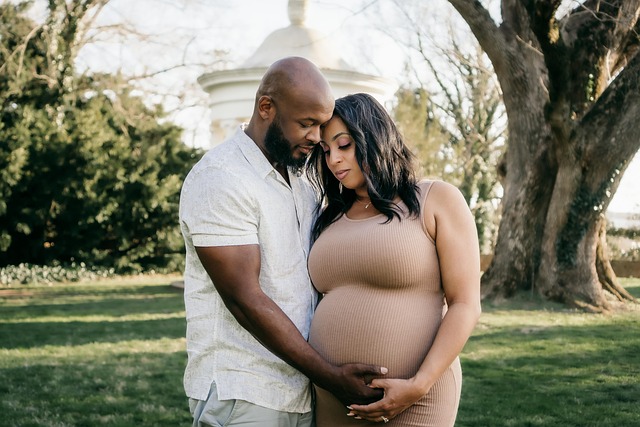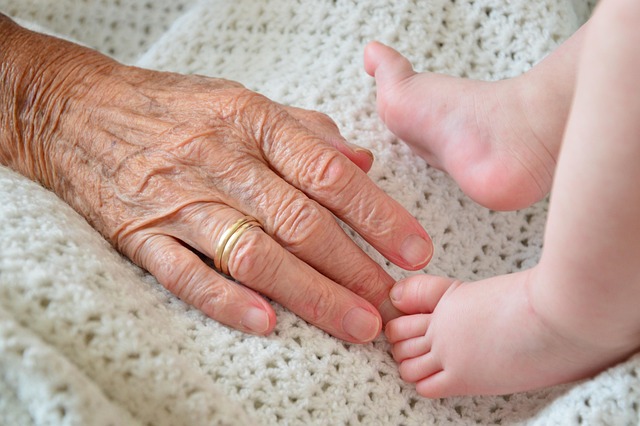Grandparent rights in Oregon, particularly concerning visitation and custody, are governed by state family law. Clackamas County offers specialized advocacy frameworks to guide these disputes, emphasizing the bond between grandparents and grandchildren while prioritizing the child's best interests. Legal representation is vital for grandparents, as navigating complex family law procedures requires expertise to protect their rights. Advocacy groups support grandparent rights through legal assistance, education, and community awareness campaigns. Choosing an experienced family law attorney specializing in grandparent cases is crucial for successful advocacy within Oregon's legal framework.
Grandparents play a vital role in their grandchildren’s lives, and advocating for their rights in family court is essential. This comprehensive guide explores the complex landscape of grandparent visitation rights and custody disputes, offering insights into navigating legal frameworks. From understanding Oregon family law to discovering Clackamas County advocacy groups, this article equips readers with knowledge. Learn about the processes, common challenges, and specific rules governing grandparent-grandchild connections, ensuring informed decisions regarding legal representation for a smooth family court experience.
- Understanding Grandparent Rights: An Overview of Legal Frameworks
- Navigating Family Court: The Process for Grandparent Visitation Rights
- Common Challenges in Grandparent Custody Disputes
- Oregon Family Law: Specific Rules and Regulations for Grandparents
- The Role of Advocacy Groups in Clackamas County for Grandparent Rights
- Choosing the Right Legal Representation for Your Grandparent Custody Case
Understanding Grandparent Rights: An Overview of Legal Frameworks

Grandparent rights, specifically regarding visitation and custody, are an essential aspect of Oregon family law. In many cases, courts recognize the significant bond between grandparents and their grandchildren, aiming to preserve this relationship whenever possible. The legal frameworks in place, such as those governed by Clackamas County advocacy, ensure that grandparent visitation rights are considered alongside the best interests of the child. These laws provide a structured approach to navigate grandparent custody disputes, allowing for fair and just outcomes.
The Oregon family law system offers various avenues for grandparents seeking legal representation. Whether it’s advocating for regular visitation or exploring custody options, experienced attorneys specialized in family law can guide grandparents through the complex processes. By understanding their rights and the applicable laws, grandparents can effectively communicate their desires to the court, fostering a healthier relationship with their grandchildren while ensuring their interests are protected.
Navigating Family Court: The Process for Grandparent Visitation Rights

Navigating Family Court can be a complex and emotional process, especially for grandparents seeking visitation rights or involved in custody disputes with their adult children. In Oregon, including Clackamas County, family law for grandparents is a specialized area that requires legal expertise to navigate successfully. Grandparent visitation rights are governed by specific laws designed to balance the interests of both parents and grandparents while ensuring the best interests of the child are always paramount.
When advocating for grandparent rights, it’s crucial to understand the process. This involves filing a petition with the court, providing evidence demonstrating a significant relationship between the grandchild and the grandparent, and, in some cases, proving that the parent is unable or unwilling to provide adequate care. Grandparent legal representation is essential during this time, as an experienced attorney can guide clients through the intricate legal landscape, ensuring their rights are protected and their arguments are presented effectively.
Common Challenges in Grandparent Custody Disputes

Grandparent visitation rights are often a contentious issue in family court, particularly when parents are divorced or separated. Common challenges arise from differing opinions on what constitutes adequate grandparent-child time and how this should be balanced with the primary caregivers’ schedules and decisions. In Clackamas County, where Oregon family law is enforced, these disputes can be complex, especially given the state’s specific guidelines on custody and visitation. Grandparents seeking legal representation often face a steep learning curve to understand their rights and the best approach to advocate for themselves in court.
Many grandparent custody disputes hinge on demonstrating a significant and positive relationship with the child, often against the wishes of one or both parents. Family law professionals in Oregon emphasize the importance of presenting concrete evidence, such as medical records, school reports, and personal statements from the grandparents and even the children, to bolster the case for continued or established visitation rights. Clackamas County advocacy groups play a crucial role in supporting grandparents by providing guidance, resources, and legal representation tailored to their unique family law scenarios.
Oregon Family Law: Specific Rules and Regulations for Grandparents

In Oregon, family law regarding grandparent rights is governed by specific rules and regulations that aim to balance the interests of parents, grandparents, and children alike. Grandparent visitation rights are typically addressed in situations where a parent may be unable or unwilling to provide care, fostering a need for extended family involvement. Clackamas County, like many areas in Oregon, has its own set of guidelines for grandparent custody disputes, emphasizing the importance of maintaining familial connections when possible.
Grandparents seeking legal representation in these matters often find themselves navigating complex family law procedures. They may require advocacy to ensure their voices are heard and their rights protected during custody disputes. Skilled legal representation can help grandparents understand their options under Oregon Family Law, ensuring they have a strong case for visitation or even custody if warranted by the circumstances.
The Role of Advocacy Groups in Clackamas County for Grandparent Rights

In Clackamas County, several advocacy groups play a pivotal role in supporting grandparent rights and ensuring their voices are heard during family court proceedings. These organizations recognize the unique challenges grandparents face when navigating complex family law issues, especially in cases of grandparent visitation rights and custody disputes. By providing legal representation and resources tailored to Oregon’s family law framework, they offer invaluable assistance to grandparents seeking to maintain or establish a significant relationship with their grandchildren.
Advocacy groups in Clackamas County actively work towards educating the community about grandparent’s rights under Oregon law. They organize workshops, seminars, and awareness campaigns to inform grandparents about their legal options, the processes involved in custody disputes, and the importance of proactive legal representation. These efforts ensure that grandparents are equipped with the knowledge to advocate for themselves and their grandchildren, fostering a stronger support system within the local community.
Choosing the Right Legal Representation for Your Grandparent Custody Case

When navigating a grandparent visitation rights or custody dispute in Clackamas County, Oregon, choosing the right legal representation is paramount to achieving a favorable outcome. Look for attorneys specializing in family law for grandparents, who understand the unique dynamics of these cases. They should have experience handling grandparent custody disputes and be adept at advocating for your specific needs within the context of Oregon family law.
Consider an attorney who is not only knowledgeable but also empathetic towards your situation. Grandparent-child relationships are precious, and a good lawyer will recognize this while fighting for your rights. They should employ strategies tailored to your case, whether it involves presenting evidence of a loving and stable environment or addressing any legal complexities that may arise during the process.
